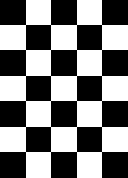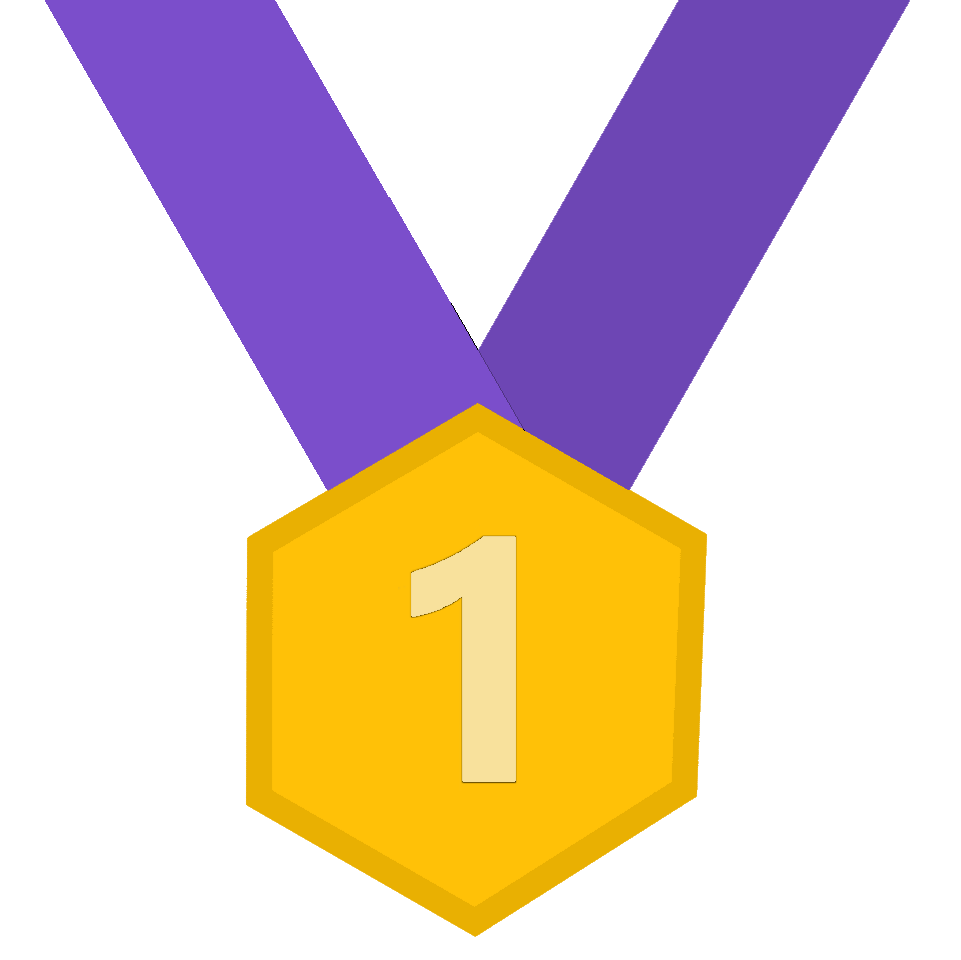
John Locke
Thomas Malthus (1766-1834)
Saw that the population was rising faster than the food supply, thought Europe was heading towards starvation
Reading Revolution
William Harvey
Further overturned Galen’s theory by proving how the circulatory system works
Thanks to new technologies, fewer people were required for farming, leading many to move to the cities.
Francis Bacon
Developed inductive reasoning
Neoclassicism
In the later 1700s, the nature and subject of art shifted from state and religious themes to themes that appealed to bourgeoisie society
a system in which rulers tried to govern by Enlightenment principles while maintaining their full royal powers. Rulers only acted enlightened when it benefitted them.
Philosophes
Salon
private drawing rooms where wealthy Parisian women would have intellectual discussions with aristocrats
Most famous French philosopher. Produced many works that criticized social and religious institutions of France. Supported religious tolerance, natural rights, but didn’t believe in democracy, only enlightened absolutism
Scientific method
Johannes Kepler
Affirmed Copernicus’ findings and through complex math of his own, found that plants orbit in ellipses, not perfect circles
Enlightened absolutists monarchs
Frederick the great of Prussia: tried to help the people. Increased freedoms of press and speech to weaken the nobility and strengthen his power.
Contagious Diseases Act
This allowed police officers to arrest any woman they suspected to be a prostitute. They were then permitted to give that woman an examination to prevent the spread of STDs. This is state-sponsered sexual assault.
Deism
Voltaire argued that there was a god, but god didn’t intervene in human affairs.
Rejected the humoral theory and claimed that chemical imbalances caused disease, meaning chemical remedies could be used to cure people.
Deductive reasoning
Using general principles to determine specific consitions
Popes response to galieleo
Galen
Coffee Houses
Grew with the increased demand for leisure during the consumer revolution and helped spread enlightenment ideas
Nicolaus Copernicus
Challenged the geocentric model of the universe through mathematics and put forward the heliocentric model, where everything orbits the sun.
Tenaments
a cheap apartment building often crammed with people created in response to the influx of people moving into cities
Mary Wollstonecraft
Thomas Hobbes
Enlightenment thinkers applied new methods of reasoning to politics, and human institutions
Denis Diderot
Collaborated with other enlightened thinkers to edit and publish an encyclopedia that contained a rational explanation for everything.
These new ideas from Copernicus, Kepler, and Galileo are challenging established beliefs of the Catholic Church during the catholic counter reformation. The geocentric model fit nicely with scripture so the church stuck with it.
Adam Smith, The Wealth of Nations
Attacked mercantilist economics. Promoted laissez-faire, free-market economy, and supply-and-demand economics.
A Vindication of the Rights of Women (1792)


